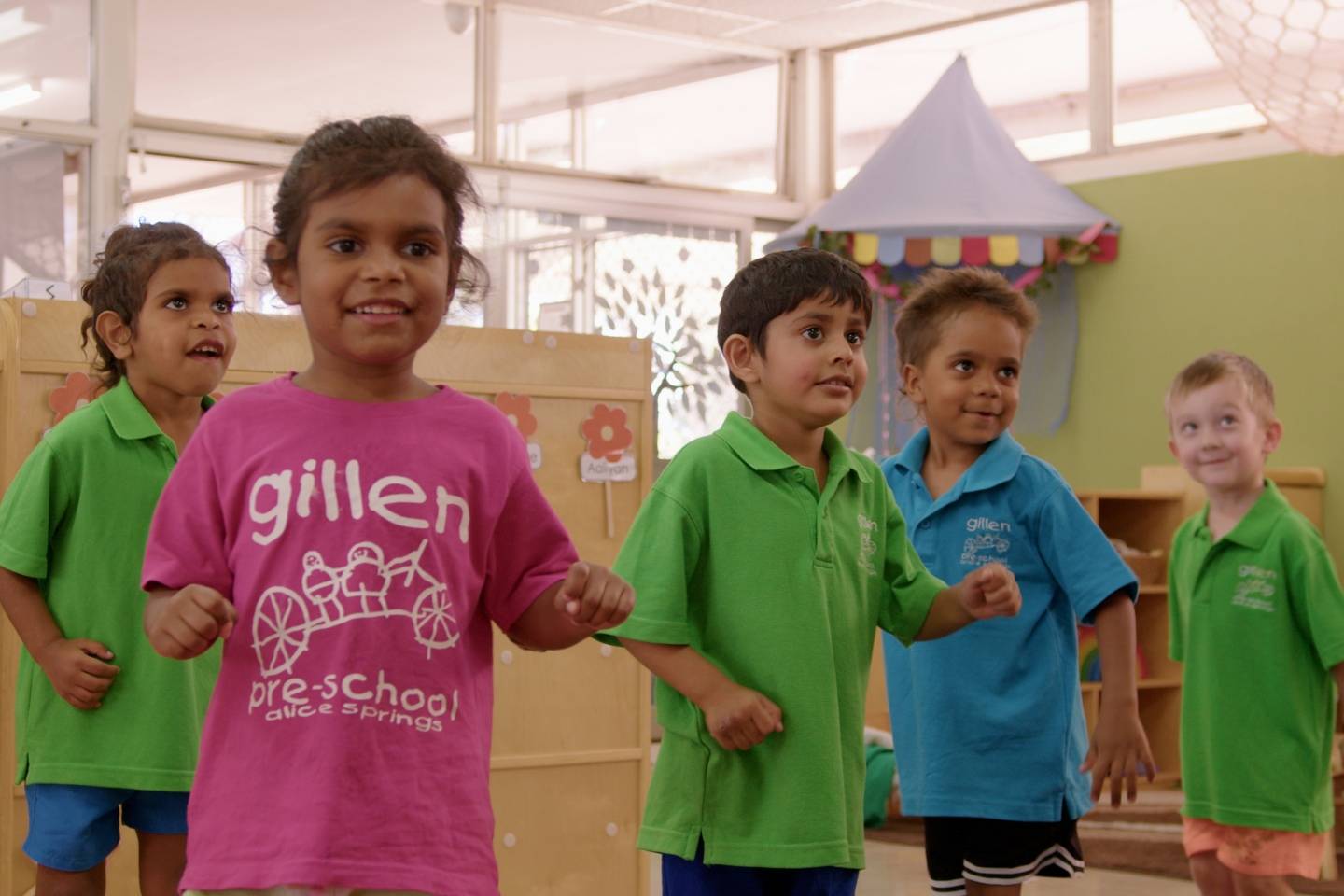
Expressions of interest are open for the National Applied Trial of the Preschool Outcomes Measure
ACER news 28 May 2025 7 minute readExpressions of interest (EOIs) for the National Applied Trial (NAT) of the Preschool Outcomes Measure tool are closing soon.
This marks an exciting new phase in a national effort to support children’s learning and development in the year before full-time school and, for the first time, places the Preschool Outcomes Measure tool directly into the hands of early childhood teachers and educators.
Please note that some jurisdictions will be participating in the NAT by using an existing formative assessment tool that will undergo a process of alignment.
By taking part, teachers and educators in selected states and territories will use the Preschool Outcomes Measure tool in their everyday practice and contribute feedback to support its ongoing development and refinement. They will experience how using the tool can help make children’s development more visible and inform their teaching. They will also have access to tailored professional development— including practical guidance and optional self-paced modules — designed to support the tool’s use in real-world settings. Findings from the NAT will inform the continued development and refinement of the Preschool Outcomes Measure tool. This means that teachers and educators have the opportunity through NAT participation to shape the final version of the Preschool Outcomes Measure tool in 2026.
Lisa Rodgers, CEO of the Australian Council for Educational Research (ACER), reflects, ‘Teachers and educators are at the heart of learning and the Preschool Outcomes Measure project recognises their deep insight into how children grow, develop and thrive. Having led education reform at the system level, I know how important it is that tools like the Preschool Outcomes Measure are not only grounded in evidence but shaped by those who use them every day.’
Building on a strong foundation: Learnings from the Small-Scale Trial
From September 2024 to March 2025, ACER conducted a Small-Scale Trial of the national Preschool Outcomes Measure tool. This work built on extensive development efforts and was made possible through the ongoing collaboration between the Australian and state and territory governments. More than 1,870 children in all states and territories – across a diverse range of preschool and school settings and locations – were involved in the trial.
The initial Small-Scale Trial provided promising evidence that the national Preschool Outcomes Measure tool is on the right track. The trial allowed us to gather feedback on assessment experiences for children and helped us establish that the initial version of the learning progressions describes authentic, observable growth in children’s learning over the course of the year before full-time school. Critically, for the National Applied Trial, the tool offers teachers and educators a series of practice prompts which describe evidence informed teaching and learning practices to support children’s development in the year before full-time school.
Importantly, the Small-Scale Trial indicates that the national Preschool Outcomes Measure tool is on track to be inclusive and effective across a wide range of children, including those from culturally and linguistically diverse backgrounds, First Nations communities and children with additional needs. The National Applied Trial presents an opportunity to confirm the tool is inclusive of and effective for all children.
Partnerships drive the development of the Preschool Outcomes Measure
Key partnerships continue to play a vital role in the development of the Preschool Outcomes Measure, helping to make sure it remains both evidence-based and closely connected to everyday practice.
Ninti One played a central role in supporting data collection during the Small-Scale Trial and remains closely involved in the development of the tool. With deep experience working with remote and First Nations communities, Ninti One fosters respectful, culturally responsive engagement. Professor Uncle Tom Calma AO, Chair of Ninti One, highlights the critical role of Ninti One in the project.
‘When First Nations people lead education design, outcomes shift from transactional to transformational.’
Todd Nelson, Education Division Manager of Ninti One, speaks of the critical role of Aboriginal Community Researchers, stating, ‘Their deep cultural knowledge and relationships with local communities is helping to create a strong foundation for the Preschool Outcome Measure tool’s development and highlights the importance of embedding cultural responsiveness from the outset.’
Goodstart Early Learning also collaborated closely with ACER during the Small-Scale Trial and continues to be a key partner in the next phase of the project. By providing access to a broad network of early learning centres, Goodstart has helped to test and embed the tool into everyday early childhood practice. Sue Robb OBE, Chief Children’s Officer at Goodstart Early Learning, notes, ‘Tools like the Preschool Outcomes Measure have the potential to transform how we understand and support children’s learning – particularly when they are built on strong evidence and shaped by direct experience in early learning settings.’
Be a part of shaping a national resource
Participation in the National Applied Trial is more than just a professional development opportunity; it is a chance to shape a national tool designed to enrich early childhood education across Australia.
To find out if your state or territory is participating in the Preschool Outcomes Measure trial or using one of their existing formative assessment tools that are being aligned to the Preschool Outcomes Measure, please contact your state or territory education department for more information.